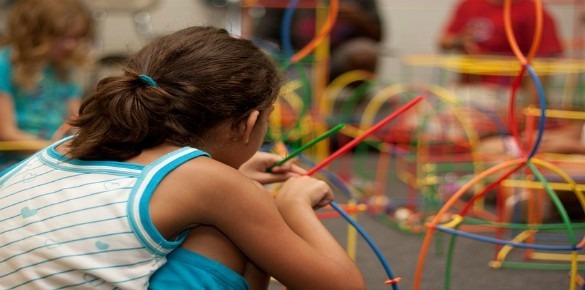
A National Education Union snapshot survey paints a harrowing picture of the effects of poverty in schools
1,026 members of the National Education Union (NEU) responded, last month, to a poll exploring the increase in poverty seen in UK schools and its impact on pupils. The survey saw around three quarters of respondents being secondary school teachers and a quarter primary.
Key findings show that 53% of respondents believe there are children or young people in their school who will go hungry over Christmas. 39% did not know.
74% of respondents who said this was an issue believe that up to 20% of children or young people in their school will experience holiday hunger over Christmas. 16% believe that between 20% and 30% of their children will experience hunger over this period.
46% say that holiday hunger has got worse compared to three years ago and only 2% said it had got better. 23% said the problems with holiday hunger remain the same.
63% of respondents say that more families are unable to afford adequate shoes or clothing this winter compared to three years ago.16% said there was no change and only 1% said families were more able to afford these necessities.
46% of teachers believe that, compared with three years ago, there are more housing issues (poor quality, insecure, overcrowded or temporary accommodation) impacting upon the education of children and young people.
In terms of the impact of poverty on the education of children, teachers identified:
- 85% behavioural issues
- 83% absences from school
- 81% lack of concentration
- 79% lateness to school
- 59% impacts on children’s health
- only 3% have observed none of these consequences
40% of respondents say that they or their school has needed to start providing extra items for their children and young people and their families this winter because of poverty. 42% of teachers weren’t sure whether their school had needed to start providing extra items linked to poverty, but only 18% were confident that their school hadn’t needed to do this.
Teachers readily gave distressing examples from their school about the effect living in poverty was having on the children and young people they teach. As the cold weather sets in, teachers’ observations included:
- “Mute students, going cold, making excuses, feeling ashamed.”
- “We are buying them coats on a scale never seen before.”
- “I found out last week that a third of my class sleep in their uniforms as they don’t have pyjamas.”
- “Kids come in without winter coats even in the coldest weather, or with shoes held together by tape.”
- “Holes in shoes, no outside coat, trousers far too short, holes in clothes, still wearing sandals/unsuitable footwear in November (on very cold days)”
- “We give free school dinners to children who don’t qualify for FSM [free school meals] because their parents work but have contacted us to say they have no money that day”
- “One student wore his trousers backwards as he didn’t want anyone to know he had holes in the knees.”
- These are shameful findings that have no place in a modern society. In-work poverty, housing issues such as high rents, homelessness and insecurity, as well as fears about how matters would deteriorate with Universal Credit, were other areas of concerns raised by teachers.
Commenting on the poll, Dr Mary Bousted, Joint General Secretary of the NEU, said:
“This is a Dickensian picture of the poverty that far too many children and their families are having to endure. The government is out of touch with the distressing new reality of children’s daily lives: with what it means to live without enough money for basics, such as food, shoes and adequate clothing.
“The government has failed to recognise the human cost of its cuts to schools and other children’s services and to the social security system, and its failure to address the in-work poverty faced by 1 in 5 workers.
“The UN Envoy Philip Alston concluded in his recent report that the Government is in a state of denial about the levels of poverty in the UK. The government must stop hiding from the facts. Children can’t escape the poverty trap without an urgent change to national policies.”
Don’t forget to follow us on Twitter, like us on Facebook, or connect with us on LinkedIn!


Be the first to comment